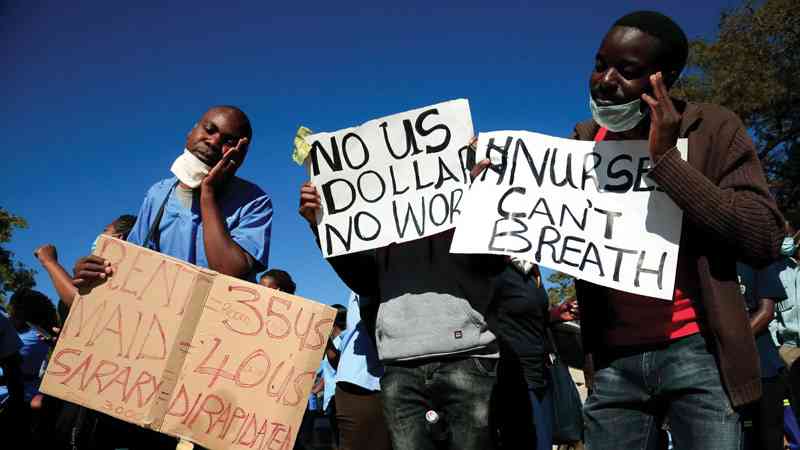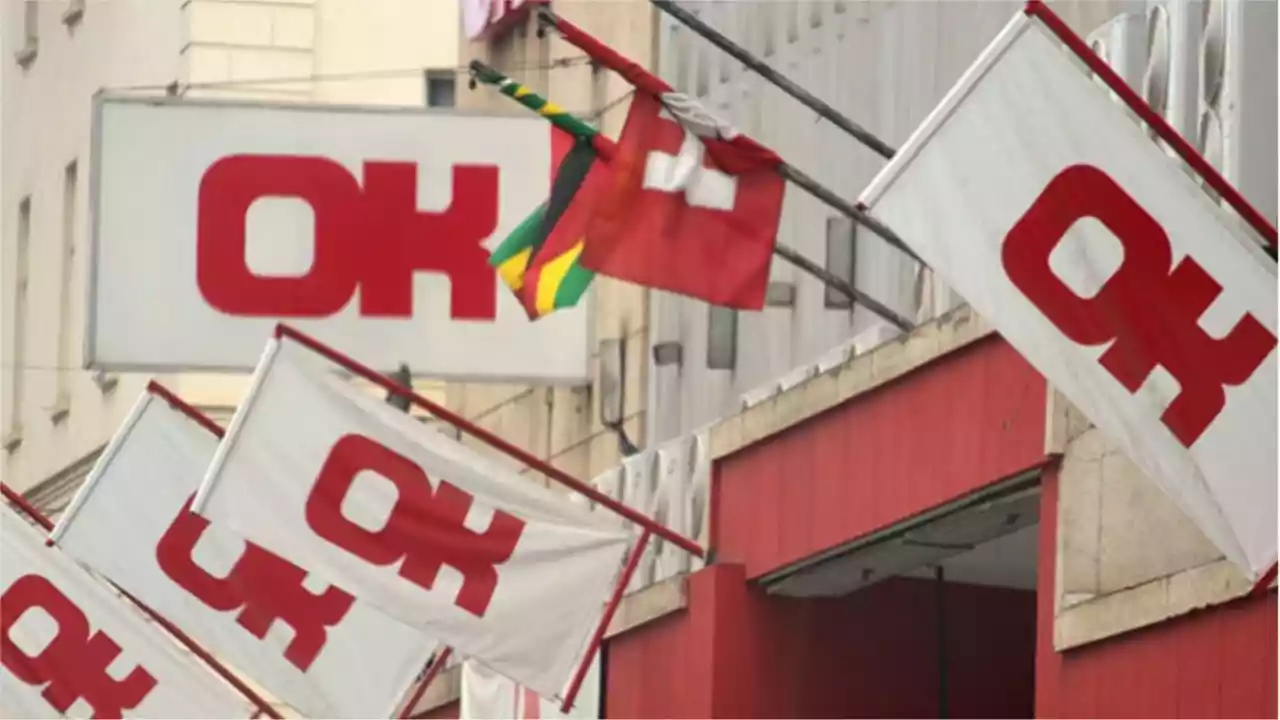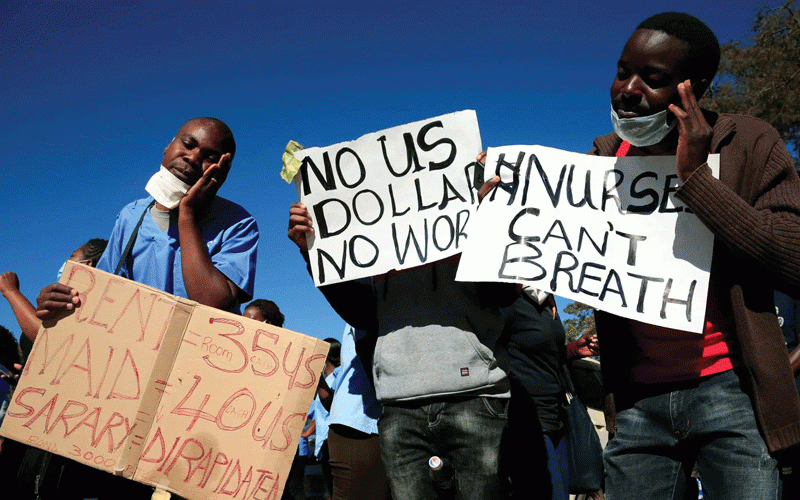
WORKERS across the world took time yesterday to commemorate International Workers’ Day, also known as Labour Day or May Day: A day which originated in the late 1880s as a “great international demonstration” in support of working-class demands for an eight-hour day and other rights.
Since that great demonstration, May 1 has been a significant day for workers across the globe, and as in the past, the day is never short of reminders of the many worker grievances which persist up to this day.
In Zimbabwe, it was largely all doom and gloom for the majority of the country’s workers as they continue to face the most trying times to a point that even President Emmerson Mnangagwa saw it fit to call upon all employers to value their workers.
In a statement to mark this very significant date on the global calendar, the President said: “The importance of ensuring workers are rewarded fairly for their contributions cannot be overemphasised. In this regard, I implore all employers to deploy innovative reward strategies. Our economic growth must cascade to the workers with their quality of lives being lifted.
“All workers have to look into the future with hope as evidence is on the ground regarding transformation that the second republic is making in all sectors of the economy. Brick by brick we are building this country. Nyika inovakwa nevene vayo, ilizwe lakhiwa ngabanikazi balo (a nation is built by its own citizens), workers included.”
It is all well and good that the President sounds concerned about workers’ welfare and that they be valued and respected for their toil, but as the sages say: Charity begins at home. The President should help the situation by at least making sure that his own workers — civil servants — are “rewarded fairly for their contributions” to the country’s growth.
We believe if and only when government leads by example by fairly remunerating its workforce, then other employers will be compelled to do the same or reward their employees even better.
As it is, most employers are copying government in ill-treating and poorly remunerating their workers.
- Zim health system is in intensive care: How it got there
- Measles threat growing
- Take your child for measles vaccination
- Residents cry foul over Ngozi Mine pollution
Keep Reading
Honestly speaking, the Nyika inovakwa nevene vayo mantra sounds a hollow rallying call to the country’s workers because they feel hard done by both their own government and employers.
As we speak, Zimbabwe is probably among the nations whose workers are migrating to seek greener pastures simply because they are not being fairly rewarded back home.
What is happening in Zimbabwe, where workers across the board are literally fleeing their own country because they are being insulted instead of being rewarded for their contributions, is unsustainable.
The World Health Organisation recently red-listed the country following an unprecedented brain drain in the health sector, and we sincerely hope that this is a wake-up call to both government and private sector employers that they need to respect and value their human resources.
If truth be told, treatment of workers by Zimbabwean employers has been nothing close to being fair, yet it speaks to productivity issues.
Fairly rewarded workers do nothing else, but give more to an employer who values their contribution.











